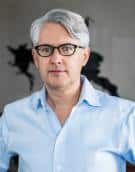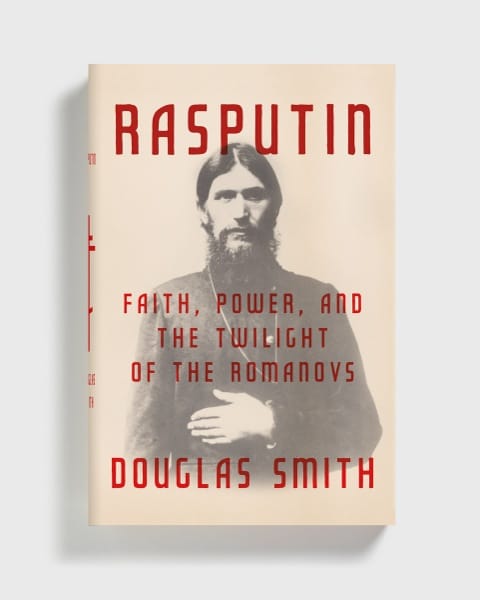
Douglas Smith
Historian, Translator, and Author
When did you first develop an interest in Slavic, East European, and Eurasian Studies?
My introduction to Russia was pure coincidence. I was studying German at the University of Vermont and one of my professors suggested I give Russian a try. I had no real interest, but also had no good reason to say no. I fell in love with the language on the very first day of class, and I still have my text book—Ben T. Clark’s Russian for Americans—after all these years as a memento of that experience.
How have your interests changed since then?
I ended up doing a double major in German and Russian at UVM and was blessed with some excellent professors there, several of whom I’m still in touch with. They were the ones who sparked my interest, first in the language and then the culture and history of Russia. I spent a summer at Leningrad State University as an undergraduate and then worked for the USIA in the Soviet Union on a cultural exchange after graduating, again at the recommendation of one of my professors. Spending time in the USSR made me want to learn more about Russian history, so I enrolled in graduate school at UCLA, where I was again fortunate to be surrounded by so many accomplished and encouraging scholars. I have especially fond memories of my advisor, the late Hans Rogger. I was his last Ph.D. student.
What is your current research/ work project?
After publishing my first book, a revised version of my dissertation, which was quite scholarly, I felt the tug to write books for a general audience, works that my wife, my family, and friends would enjoy reading. I wanted to find a way to share my fascination for Russia with people who had no special knowledge or experience of the place. I’ve tried to do that with all my books—making them accessible and interesting to a wide audience, while, I hope, still doing serious research that is of value to scholars. Having just finished a biography of Rasputin, I’m now working on a new translation of Konstantin Paustovsky’s epic Story of a Life, one of the great autobiographies of the twentieth century that is sadly too little known in the West, and am also beginning research for a book on the history of American famine relief in the USSR in the 1920s.
What do you value about your ASEEES membership?
Since I’m not affiliated with any college or university, my membership in ASEES helps connect me with the work of fellow scholars and is an excellent way for me to stay informed about what is going on in the field. I would feel completely cut off and isolated without ASEEES and its various programs and publications.
Besides your professional work, what other interests and/or hobbies do you enjoy?
When not working, I enjoy the odd game of drop-in hockey, staying true to my Minnesota roots, and spending time with family and friends at our cabin up in the San Juan Islands, one of my favorite places in the world.
